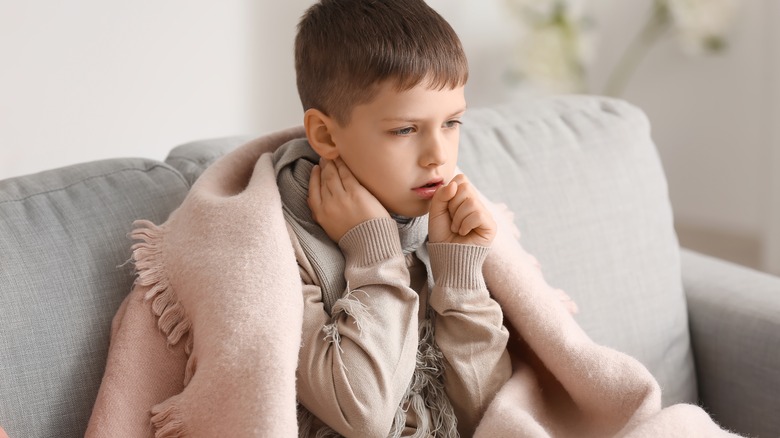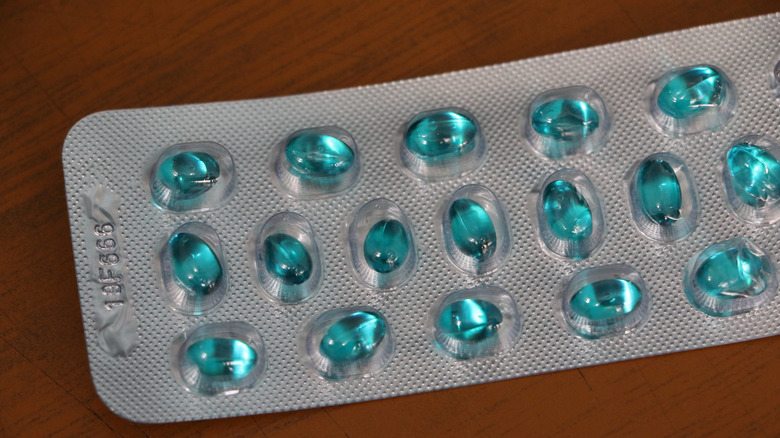FDA Warns Parents To Be Careful What Cough Medicine They Give Their Children
With the triple threat of the flu, COVID-19, and RSV making the rounds of schoolyards all over, many parents are facing the reality of having sick kids at home, via Washington Post.
Throw in the common cold and it's easy to understand why parents are missing work in record numbers, via U.S. Bureau of Labor Statistics.
With so many illnesses going around, it can be difficult to distinguish exactly what your child has, so a trip to the pediatrician is your best bet for an early diagnosis that will offer the best-tailored treatment. Once diagnosed, there are some things you should know about treating respiratory infections at home. For example, keep an eye on your child's condition and let your doctor know if there is any labored breathing.
More than likely, a doctor will prescribe medication to help reduce a child's cough and congestion and help them feel more comfortable while recovering. However, one type of cough medicine has been linked to a disturbing trend.
Benzonatate had been linked to childhood poisonings
According to the Food and Drug Administration, a new study in the journal Pediatrics, shows that there have been increased incidences of calls to poison control centers for children who have ingested too much benzonatate, which is an ingredient found in children's prescription cough medicine. It is better known as Tessalon, which is the brand name it is often sold under, and it's prescribed for coughs due to cold and flu, though it's not recommended for kids under 10.
However, the study found that the increase in poisonings were typically found in children over 10.
Thankfully the incidences of children becoming seriously ill from the medicine have been rare but the potential remains for convulsions, cardiac arrest, and even death when overused.
Since the medication is not over the counter and requires a prescription, pediatrician Dr. Nusheen Ameenuddin points out that children should only take it if directly prescribed, and not if it's just in the house and had been dispensed to another family member, via NBC News.
Ameenuddin says that these medications "should be treated like any other medication that can have serious side effects, which means not giving it to children without specific medical direction."
Incidentally, benzonatate comes in round colored capsules which can look like candy so it should always be kept out of the reach of young hands.

